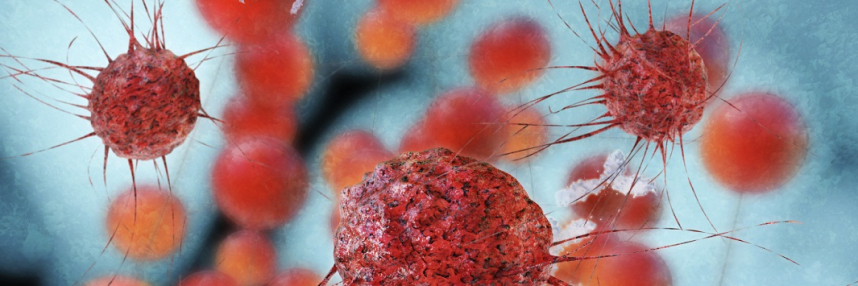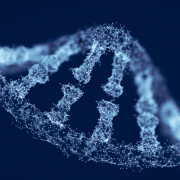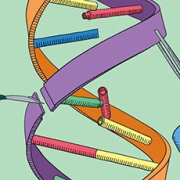Pancreatic cancer and genomics
Pancreatic cancer is one of the most aggressive kinds, but new genomics research offers hope for more effective, targeted treatment for patients
A new study, published in the journal Gastroenterology, seeks to use genomics to improve prospects for both the diagnosis and the treatment of pancreatic cancer.
Pancreatic cancer is one of the most aggressive cancers. Three-quarters of patients will die within a year of diagnosis, and the five-year survival rate is below 9%. This is largely because the disease has very few symptoms in the early stages, and so diagnosis usually takes place when the cancer is advanced and frequently inoperable.
For such patients, getting effective chemotherapy quickly may help shrink the tumour, but it can be extremely difficult to predict which drugs will be most effective.
Facilitating a stratified approach
The paper explains that there are four main genes associated with pancreatic cancer (specifically pancreatic ductal adenocarcinoma, or PDAC) and that none of these is currently usable as a drug target. Beyond that, PDAC tumours tend to be genetically diverse, and so susceptibility to a particular drug may be present in fewer than 5% of samples. This means that a drug that performed poorly in a non-stratified clinical trial could still be highly effective in a particular patient.
“Every pancreatic cancer is different, and performing molecular profiling of each patient’s tumour could help determine the best treatment options,” said lead author Dr Aatur Singhi, a surgical pathologist at the University Pittsburgh Medical Centre.
The team of researchers at the University of Pittsburgh School of Medicine studied genomes from more than 3,500 PDAC tumour samples collected worldwide, the largest study of its kind. From this they identified more than 19,000 genomic alterations in 317 separate genes.
In 17% of cases, they were able to identify genetic markers that indicated that the tumour is likely to be susceptible to one or more existing chemotherapy medications. The researchers hope that this could lead to a stratified medicine approach to treatment.
“People have been looking for such markers for a long time, and our study shows that it’s possible to break pancreatic cancer patients into different treatment buckets,” said study author and oncologist Dr Nathan Bahary.
Screening and prevention
Around 10% of pancreatic cancers are thought to be genetic in origin. The NHS recommends that people with Lynch syndrome or Peutz-Jeghers syndrome, or who have two or more close relatives who have had pancreatic cancer, should talk to their doctor about the possibility of regular check-ups, as they may be at higher risk.
The new research supports this, finding correlations between pancreatic tumours and a number of genes. For example, mutations in the BRCA1 and BRCA2 genes were disproportionately represented in tumour samples taken from patients aged below 50. These findings could in future help clinicians decide who would benefit most from screening programmes.
Further applications
There are other people, besides those with known genetic risk factors, who may be at higher risk of developing pancreatic cancer. These include people who have had pancreatitis, diabetes, stomach ulcers or certain infections.
The authors of the new study hope that some of the genetic signatures they have discovered could in future be used as biomarkers, from which non-invasive screening tools, such as so-called ‘liquid biopsy’ blood tests, could be developed.
–









